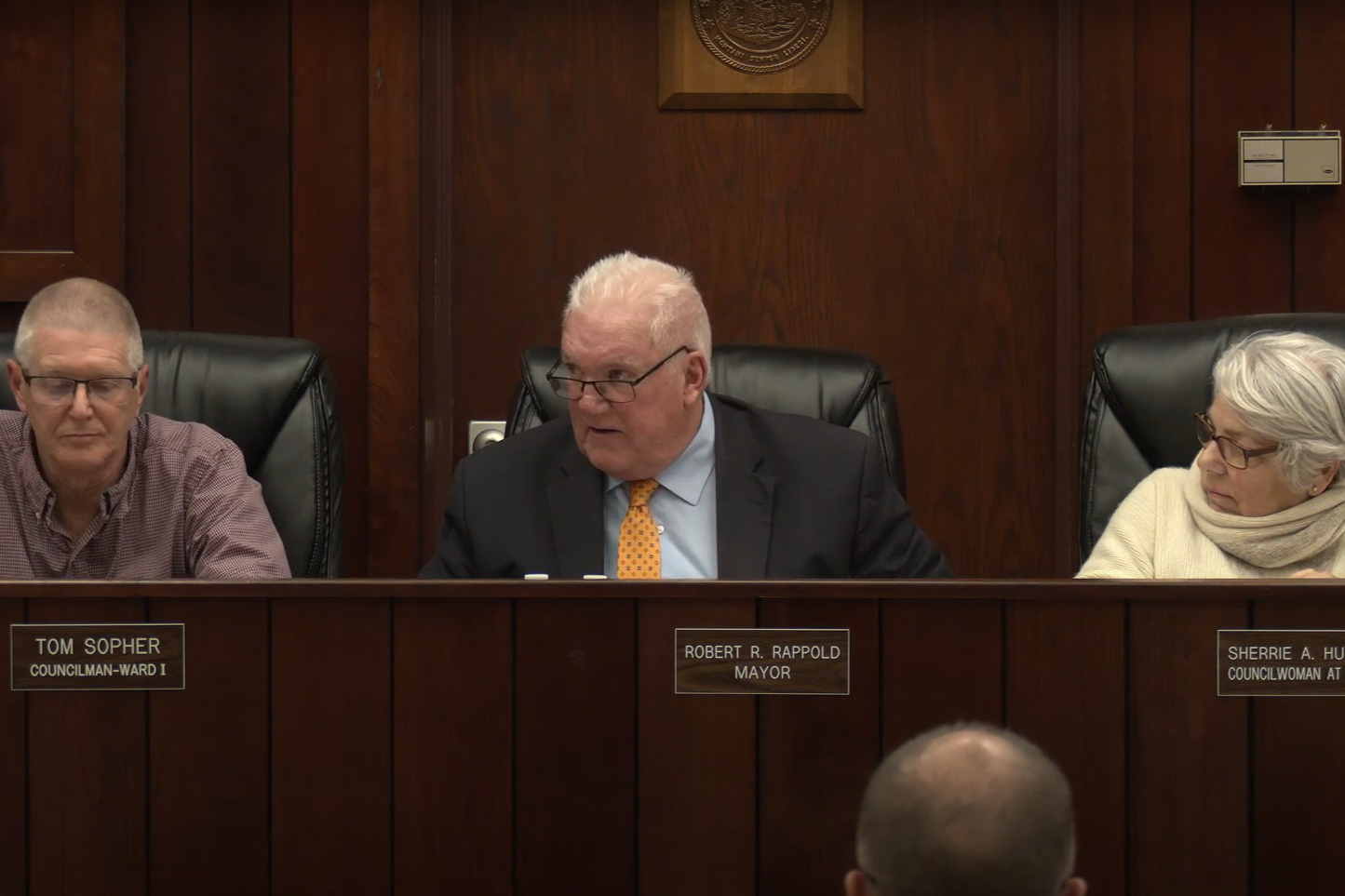Last month, Beckley was poised to become the first city nationally to earn a special status for its addiction recovery resources.
Now, the city has dropped that plan entirely.
By creating new recovery resources — like an addiction advisory council and recurring community destigmatization events — Beckley would have earned the international status of “inclusive recovery city,” joining 26 other cities around the world.
But on Tuesday, Beckley residents packed a meeting of the Beckley Common Council to express concerns over the plan.
Some said Mayor Rob Rappold had adopted the plans without first accepting public comments or seeking council approvals.
Others claimed the new resources would over-extend public resources and draw more homeless people to the city.
Mary West, a Beckley resident and former council candidate, expressed disapproval of the plans and homelessness in the city.
There are “all these homeless people that I see walking through here, and they’re in front of my house, throwing backpacks in my yard with drugs,” she said.
During the council meeting, Rappold said he was surprised to hear the plans had garnered any backlash, maintaining that they would benefit the local community.
But on Thursday he dropped the project entirely, echoing national trends.
Resident concerns over homelessness and drug use have delayed rehab centers in the Bronx, Boston and North Carolina, blocking rehab expansions as overdoses rise nationally. For years, West Virginia has had more overdose deaths than any other state.
James Phillips, the local addiction recovery advocate who spearheaded the project, declined to comment on this story, and referred West Virginia Public Broadcasting to a Wednesday press release.
“The purpose of an inclusive recovery city is not to establish a sanctuary city or initiate a radical shift in approach,” he said in the press release. “It is not a program designed to attract or increase any capacity, and it requires no city funding, assets or grants to implement.”
In response to community concerns, Phillips will host a presentation and community discussion on the plans March 19 at 9:30 a.m. at 410 Neville Street in Beckley.
Phillips said that the project aimed to bolster support for residents experiencing addiction, and “walk aside them, offering hope [and] encouragement.”
The City of Beckley is an underwriter of West Virginia Public Broadcasting.
